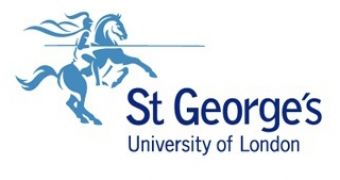The Metropolitan Police is investigating a security breach at St George's University of London (SGUL) which involved hackers compromising a mailing list and sending offensive emails to subscribers.
The breach occurred on the medical school's Primary Care Electronic Library (PCEL) system, an organized collection of primary care resources available in a searchable format.
A lot of medical professionals are subscribed to the system with their names, numbers and email addresses.
According to a SGUL spokesperson, the PCEL system is separated from the university's main server and the incident involved only an email list.
"Last week an email list within the Primary Care Electronic Library (PCEL) site was compromised. A number of unsolicited emails were consequently sent to members of the list.
"There are currently on-going investigations into how access was gained to the subscription list. Due to the offensive nature of the emails, the site was immediately taken down pending this investigation," the spokesman said.
The Guardian reports that the first rogue emails went out on February 15 and some claimed the university's administrative board was involved in a child pornography sting.
They also announced that the PCEL system will be closed down. "We advise all members to quickly withdraw their memberships as to avoid unnecessary payments which will be caused by the closing procedures," the hackers wrote.
Another email announced the PCEL is closed due to AIDS, while others were plain vulgar and offended all users. The school offered its apologies for the unauthorized messages.
"[...] We apologise for any offence caused to those who received these emails," the SGUL spokesman said, according to The Register. "No SGUL data, including confidential details of SGUL staff, students or partners, was compromised as a result of this situation," he stressed.

 14 DAY TRIAL //
14 DAY TRIAL //